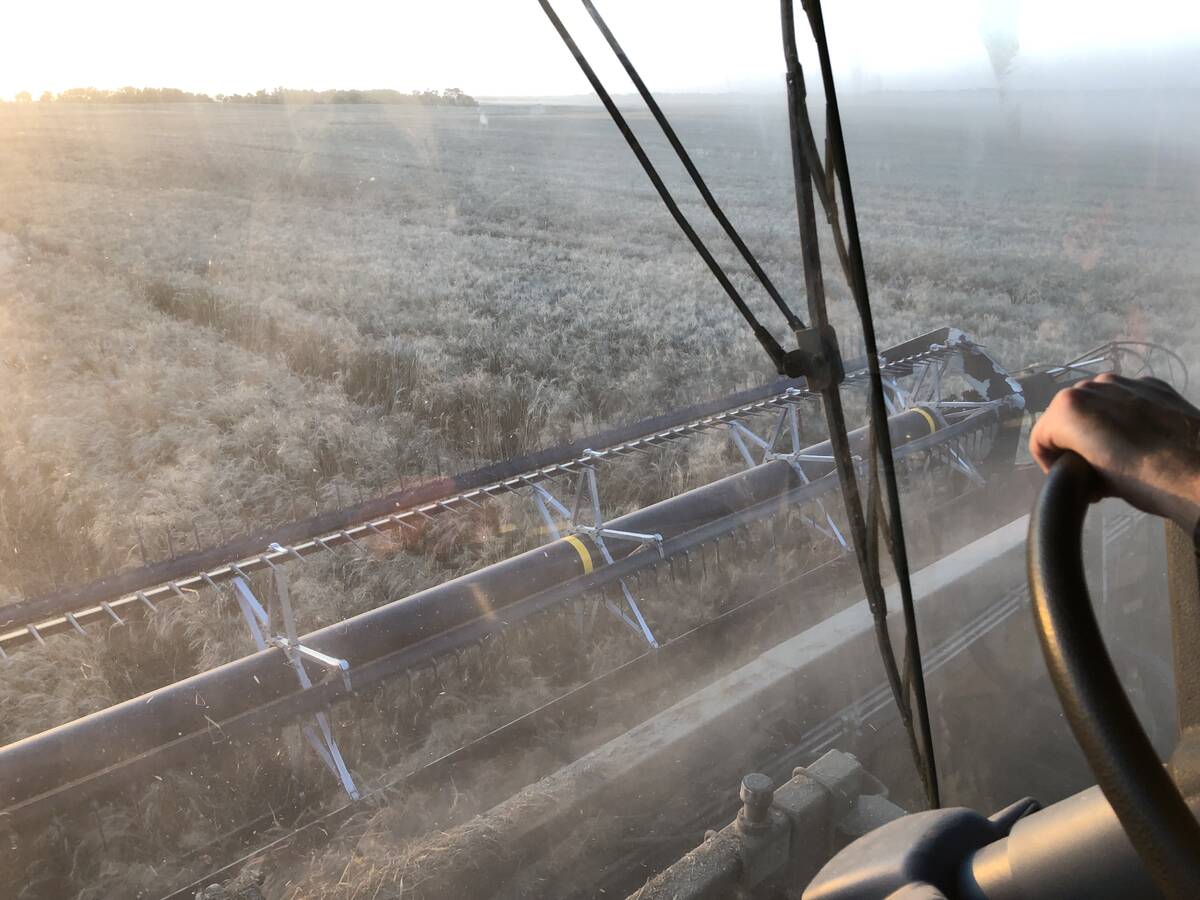A little bit of mustard spread on the field may be one answer to farmers’ weed and pest problems.
An American research group is experimenting with mustard as an alternative to using chemicals to fight crop pests.
Some producers have been able to reduce and even eliminate the use of fumigants in their potato crops by using a mustard green manure, said Rick Boydston with the United States Department of Agriculture’s Agricultural Research Service at Washington State University in Prosser.
“It’s good enough that they can get by without fumigating,” said Boydston, one of the agronomists on the study.
Read Also

Mail strike disrupts grain sample delivery
The Canadian Grain Commission has asked farmers to consider delivering harvest samples directly to CGC offices, services centres or approved drop offs as Canada Post strike delays mail.
The mustard acts as a biofumigant. As it decomposes, it releases compounds that make the surrounding soil toxic to weeds, nematodes and fungi.
Researchers believe isothiocyanates, a chemical byproduct of the mustard plants’ decomposition is responsible for the pest and weed control.
The weed control properties of the isothiocyanates are somewhat limited, but simply growing a cover crop in the fall and preparing the seed bed eliminates many of the weeds that would grow in the spring.
“We can reduce weeds in the following crop, just by growing a cover crop in the fall,” he said. “The main benefit growers are getting is (reducing) nematode and disease.”
Originally the researchers worked with rapeseed instead of mustard. Boydston doesn’t know if a Canadian canola green manure would have the same beneficial effect because of its low glucosinolate levels. In the original study, only rapeseed with high glucosinolate levels was used.
A Washington state farmer has imported various kinds of mustard with different levels of glucosinolates to search for the variety with the best biofumigant properties.
“It’s really taken off in the Columbia basin,” said Boydston, referring to the fertile region around the Columbia River. He added increasing the use of mustard green manure could reduce the need to use expensive fumigants on potato crops. The practice would also recognize consumers’ desire for fewer pesticides on their food crops.
While some biofumigant action occurs with the decomposition of any crop, the best benefit seems to come from plowing the mustard into the soil. Researchers are still working to find the best time to incorporate the crop. They are also examining whether there are similar benefits from vetch, oats and sudan grass.
There also seems to be some benefit from spreading mustard meal onto the field after the oil has been extracted, but the cost of transporting the bulky meal to the field may be prohibitive, except in high-value crops like strawberries or in greenhouses.
















